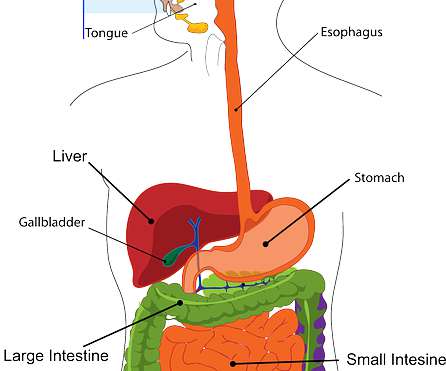Anti-tumor agent from the intestine
The Pharma Data
JULY 11, 2021
We are talking about the microbiome – the vast collection of bacteria in the human gut. The microbiome has been the focus of research for 20 years – ever since a new technique made it possible to analyse these bacteria quickly and precisely: high-throughput sequencing. The immune system is mentioned particularly frequently.













Let's personalize your content